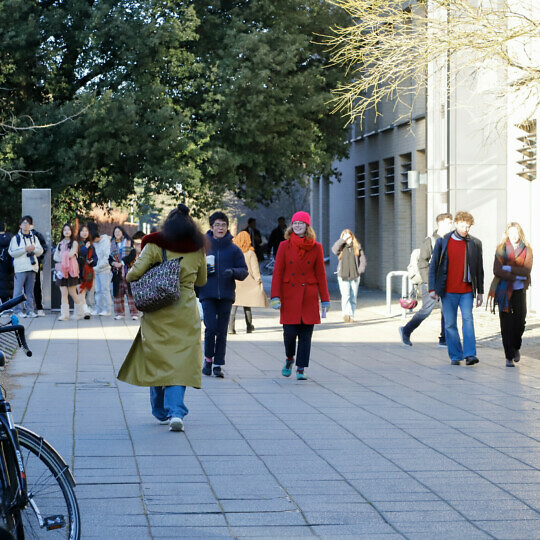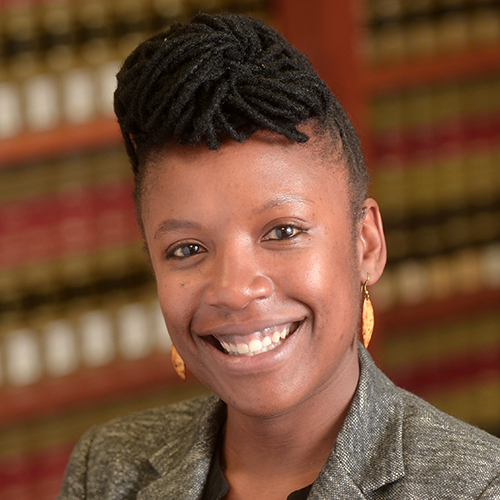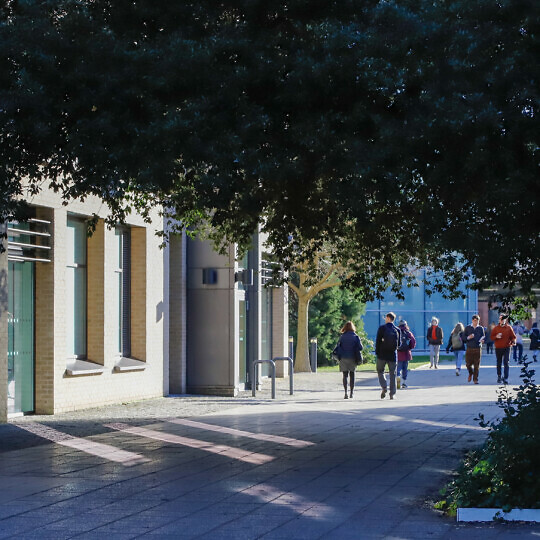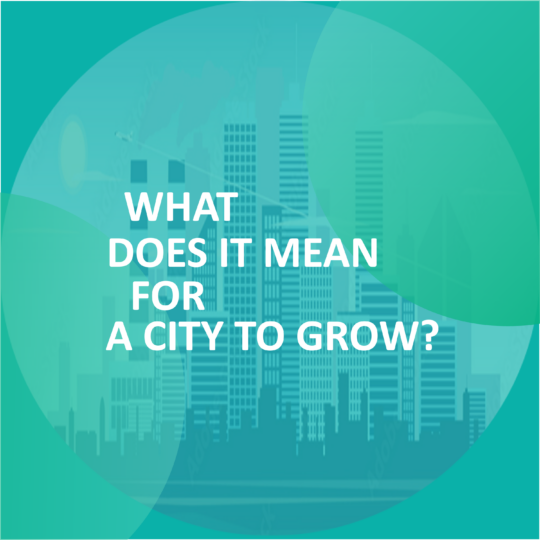| 28 Sep 2017 - 29 Sep 2017 | All day | SG1 and SG2, Alison Richard Building | |
- Description
- Programme
Description
Registration for the conference is now closed.
The conference's keynote lecture by Dr. Nancy Birdsall will be open to all free of charge. Dr. Birdsall's lecture will be on the subject of 'Climate, Africa and Governance at the Multilateral Development Banks'.
Convenors
Bernhard Reinsberg (University of Cambridge)
Alexander Kentikelenis (University of Oxford)
Summary
Since the global financial crisis of 2007-08, the global economic governance architecture has come under increased pressure and scrutiny by policymakers and publics alike. Established organizations, like the World Bank or the International Monetary Fund, have been criticized for failing to foresee and prevent the crisis, and for misadvising about appropriate policy responses. Meanwhile, emerging powers have established alternative governance mechanisms, such as the Asian Infrastructure Investment Bank (AIIB), the New Development Bank (NDB), and the Contingency Reserve Arrangement.
The Transformations in Global Economic Governance conference focuses on a range of contemporary debates on global governance:
- How has the global economic governance architecture evolved in recent years?
- How have established international financial institutions responded to challenges of relevance and legitimacy?
- How have rising powers sought to alter global economic governance arrangements and how have developed countries reacted?
Rather than providing definitive answers to these questions, the conference takes a broad look at the shifting ground in the global economic governance architecture, and highlights the most promising avenues of inquiry for future research. For example, contributions will include novel analyses of biased decision-making in international financial institutions, new evidence on the Chinese approach toward building a regional financial regime, and new ways to understand authority in global economic governance and how international organizations exercise it.
The one-and-a-half day conference brings together leading scholars from various disciplines, including development economics, political science, geography, and sociology, and encompasses various themes of relevance to global economic governance, including trade, finance, and development. It features paper presentations, expert panels, a keynote address, and the launch of a new dataset. The conference thus seeks to set a broader research agenda for understanding—and addressing—key challenges facing the global economic system.
Information on the convenors' IMF Monitor project (data from which will be presented at the conference) is available here.
Sponsors


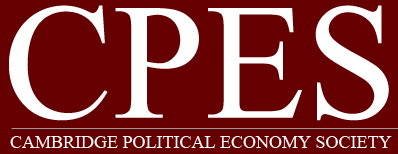
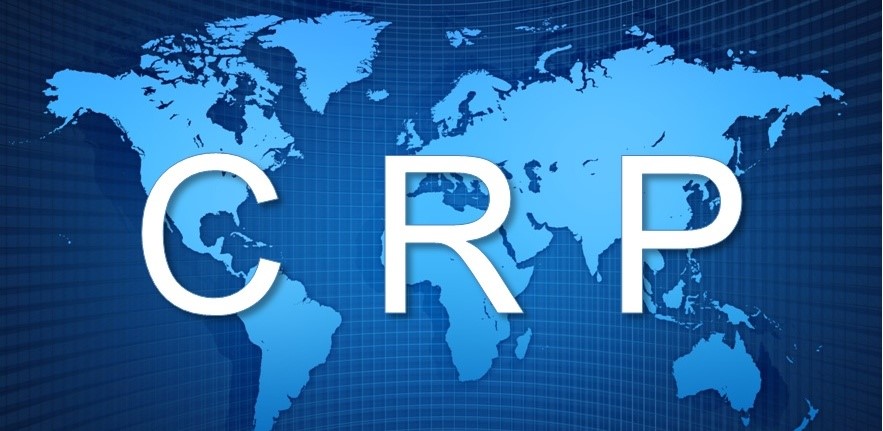
Supported by the Centre for Research in the Arts, Social Sciences and Humanities (CRASSH), the Cambridge Endowment for Research in Finance (CERF), the Cambridge Political Economy Society (CPES), and the Centre for Rising Powers (CRP).
Administrative assistance: events@crassh.cam.ac.uk
Unfortunately, we are unable to arrange or book accommodation for registrants. The following websites may be of help:
Programme
| Day 1 - Thursday 28 September | |
| 13.15 - 13.45 | Registration (light lunch will be available) |
| 13.45 - 14.00 | Welcome address |
| 14.00 - 15.30 | Session One – Global Economic Governance in Flux Chair: Emma Mawdsley (University of Cambridge)
Robert Wade (London School of Economics) 'Global Economic Governance in Non-flux: Forces Keeping the West in the Lead'
Benjamin Braun (Max Planck Institute, Cologne) 'Foreign-Currency Debt and the Political Economy of the Global Financial Safety Net'
Cornel Ban (Boston University) 'Beyond Saltwater and Freshwater: Mainstream Macroeconomics and the Great Recession' |
| 15.30 - 16.00 | Coffee break |
| 16.00 - 17.30 | Session Two – Challenging Global Economic Order: The Role of Rising Powers Chair: Kun-Chin Lin (University of Cambridge)
Kevin Gallagher (Boston University) 'Beyond Bretton Woods: Complementarity and Competition in the International Economic Order'
Jue Wang (Leiden University) 'China’s Role in Asian Regional Development Finance Regime: From the ADB to the AIIB'
Kristen Hopewell (University of Edinburgh) 'Power Transitions and the Erosion of Global Export Credit Governance' |
| 17.30 - 17.45 | Short break |
| 17.45 - 19.00 | Keynote
Nancy Birdsall (Senior Fellow and President Emeritus, Center for Global Development, Washington DC) 'Climate, Africa and Governance at the Multilateral Development Banks: Are the Legacy MDBs Stuck in the 20th Century?'
Discussant: Robert Wade (London School of Economics) |
| Day 2 - Friday 29 September | |
| 9.00 - 10.40 | Session Three – The Effects of International Financial Institutions: New Data and Challenges Chair: Jeremy Green (University of Cambridge)
Stephanie Rickard (London School of Economics) 'International Demands for Austerity: Examining the Impact of the IMF on the Public Sector'
Thomas Stubbs (University of Cambridge) 'The Impact of IMF Conditionality on Government Education Expenditure'
Timon Forster (University of Oxford) 'Cross-National Evidence on Structural Adjustment and Health Equity'
Bernhard Reinsberg (University of Cambridge) 'IMF Programs and State Capacity: Evidence from a disaggregated analysis' |
| 10.40 - 11.00 | Coffee break |
| 11.00 - 12.30 | Session Four – The Political Economy of International Financial Institutions Chair: Toke Aidt (University of Cambridge)
Axel Dreher (Heidelberg University) 'The Political Economy of International Finance Corporation Lending'
Valentin Lang (Heidelberg University) 'Room for Discretion? Biased Decision Making in International Financial Institutions'
Kai Gehring (University of Zurich) 'Restoring Reputation? The IMF and Sovereign Creditworthiness'
Emily Jones (University of Oxford) 'Financial Regulation in the Periphery of the World Economy: The Unintended Consequences of International Standards' |
| 12.30 - 13.30 | Lunch |
| 13.30 - 15.00 | Session Five – New Research Agendas on Global Economic Governance Chair: Mette Eilstrup-Sangiovanni (University of Cambridge)
Randall Stone (University of Rochester) 'Multinational corporations and international organizations'
Alexander Kentikelenis (University of Oxford) 'Everyday Global Governance: States and their Representatives to International Organizations'
Leonard Seabrooke (Copenhagen Business School) 'World for Sale: Professionals in the Market for International Organization' |
| 15.00 - 15.30 | Coffee break |
| 15.30 - 17.15 | Session Six – Toward a New Global Economic Governance Architecture in a Multipolar Era Chair: Jason Sharman (University of Cambridge)
Terence Halliday (American Bar Foundation) 'Inventive Global Governance through International Trade Law'
Stephany Griffith-Jones (Columbia University) 'The New Development Finance Architecture: A Greater Role for the South and for Development Banks'
Ilene Grabel (University of Denver) 'The Continuity Thesis, Discontinuity Antithesis, and Hirschmanian Synthesis: Global Crisis, Pluripolar Financial Governance, and “Productive Incoherence”' |
| 17.15 - 17.30 | Concluding Remarks |


